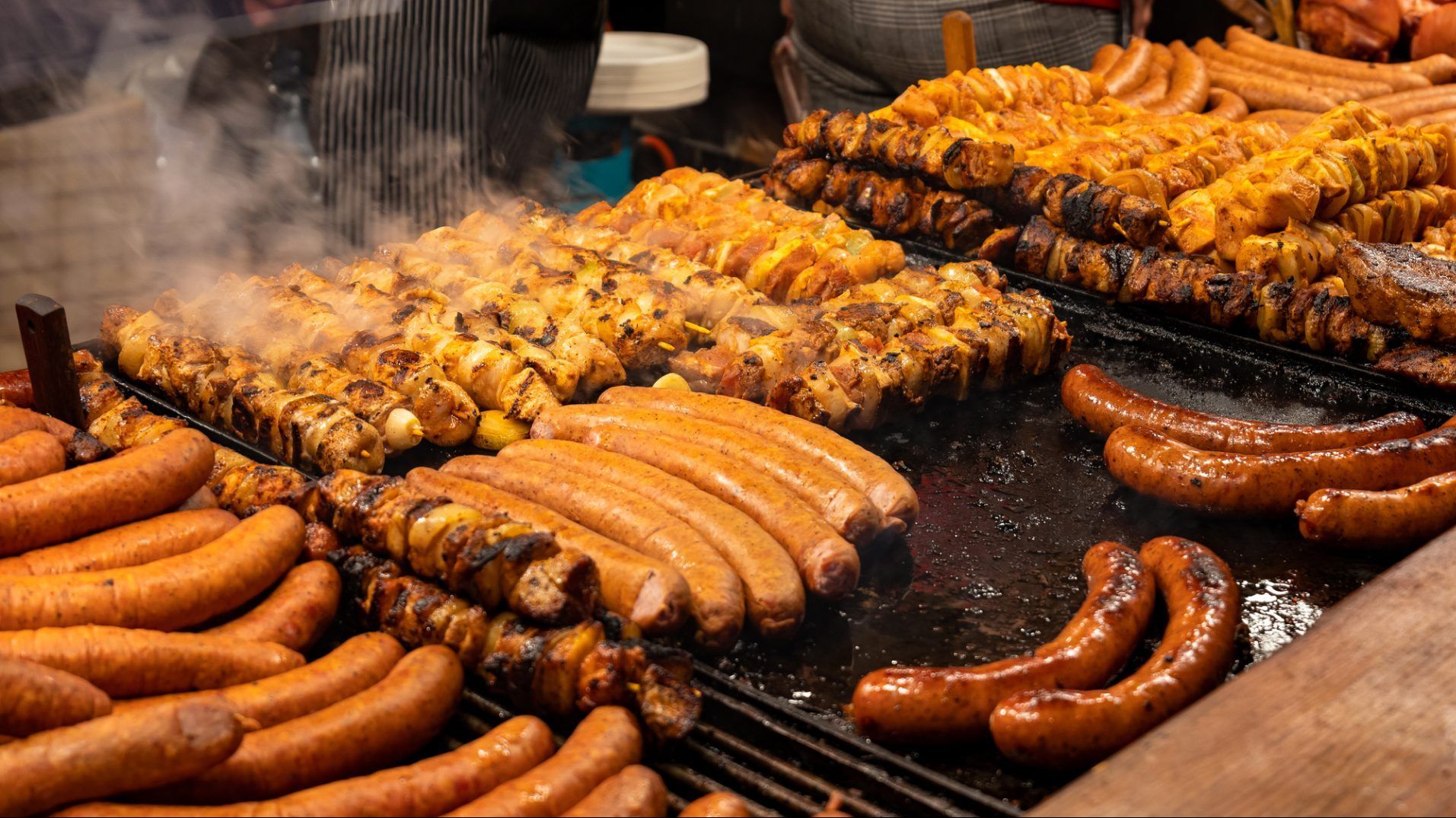armstrong says the holidays are especially challenging with so much rich, fatty, sugary foods in abundance combined with social pressure to try everything, which can leave you full to the point of discomfort.
“that’s where chewing slowly and mindfully, mouthful by mouthful, allows you to enjoy the food more while a bit less goes into your stomach so that you’re not quite as full, and therefore less likely to feel uncomfortable,” he says.
and drink water — but not a lot, says armstrong, because it will add to the sloshing in your stomach. without water, the small intestine siphons fluid from other parts of your body and into your gut, which can cause dehydration. waiting an hour or more after the meal for dessert will also give your stomach time to settle before you pile more into it.
foods like broccoli, beans and onions, which are rich in soluble fibre, can
cause bloating, so go easy on them.
you can’t actually “bust your gut” by overeating
contrary to the theory that you can literally “bust a gut” by overeating, armstrong says that’s highly unlikely.
“our bodies have progressive mechanisms that will stop us from getting into trouble,” he says. “it’s pretty difficult to do something that’s going to hurt you. if you try to bite something really hard, your teeth will sense it and stop you crunching down, unless you do it accidentally. same is true, to an extent, with the stomach.”
 6 minute read
6 minute read




















